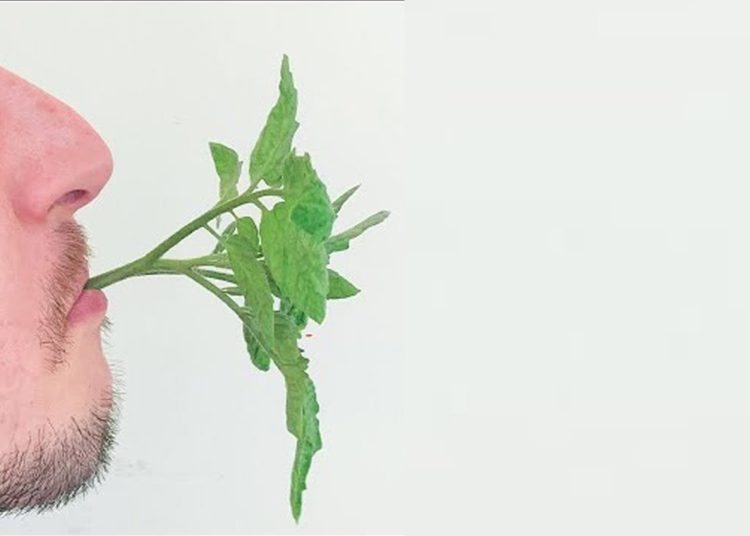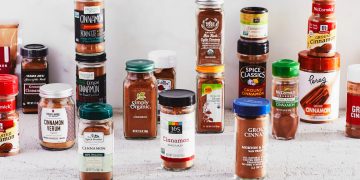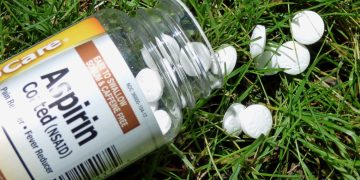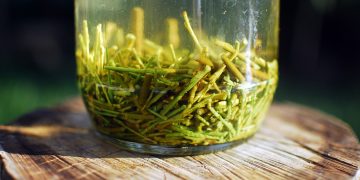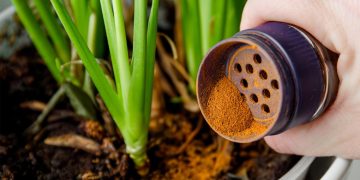When it comes to propagating plants, gardeners often look for ways to increase the success of rooting cuttings. Rooting hormones, both synthetic and natural, play an essential role in stimulating root growth. Among the many natural remedies suggested, one curious option that sometimes comes up is saliva. While it might seem unconventional, some gardeners wonder: does saliva work as a rooting hormone?
In this article, we'll explore the science behind this idea, assess whether saliva can actually aid in plant propagation, and look at the potential pros and cons of using it as a rooting agent.
Understanding Rooting Hormones
Rooting hormones are substances that help stimulate root growth on plant cuttings. These hormones typically work by promoting cell division and encouraging the formation of root initials, which develop into roots. The most common naturally occurring rooting hormone is auxin, a plant hormone that regulates various aspects of plant growth, including root development.
While commercial rooting hormones usually contain synthetic forms of auxin (such as indole-3-butyric acid or IBA), many gardeners seek natural alternatives, especially when looking for organic options. This brings us to the question: Can saliva, a bodily fluid, act as a rooting hormone?
The Components of Saliva
Saliva is a complex fluid produced in the mouth, and it has a variety of functions in the body. Some of the main components of saliva include:
- Water: The primary component, which helps in lubricating the mouth and aiding in digestion.
- Enzymes: These help in the breakdown of food particles, such as amylase, which breaks down starches.
- Proteins and Antibodies: These help protect against infections.
- Hormones: There are trace amounts of various hormones in saliva, though not in high enough quantities to significantly impact plant growth.
However, when considering whether saliva can act as a rooting hormone, it's important to focus on the auxins—the plant growth hormones responsible for root development.
Can Saliva Act as a Rooting Hormone?
There is no scientific evidence to suggest that saliva contains a significant amount of auxins, the specific hormones that are most effective at stimulating root growth. While saliva contains trace amounts of organic compounds, these are not in concentrations high enough to promote rooting in plants.
Some people believe that the enzymes or other substances in saliva may have a mild effect on plant growth, but the results are likely to be minimal at best. Saliva may provide some level of moisture to the cutting, but its potential to stimulate root growth is questionable, especially compared to other natural rooting hormone options, such as willow or honey.
The Potential Risks of Using Saliva
In addition to the lack of rooting hormone in saliva, there are other reasons why using it on plant cuttings might not be advisable:
Bacteria and Pathogens: Saliva contains bacteria and microorganisms that are harmless to humans but could potentially infect your plant cuttings. Introducing bacteria from your mouth to plant tissue could lead to fungal or bacterial infections that stunt growth or cause the cutting to rot.
Contamination: Since saliva is produced in the mouth, it could contain food particles, chemicals, or other contaminants that might harm the cutting. Using saliva as a rooting agent may introduce substances that are not beneficial for plant health.
Inconsistency: The composition of saliva can vary greatly between individuals. This makes it difficult to predict how effective or safe it would be as a rooting hormone.
Alternatives to Saliva for Rooting Plants
If you're looking for natural ways to stimulate root growth in cuttings, there are several alternatives to saliva that are proven to be more effective:
Willow Water: Willow trees contain high levels of auxins, particularly indole-3-acetic acid (IAA), which can help promote root development. Soaking willow branches in water and using the liquid to dip plant cuttings is a popular natural rooting hormone.
Honey: Honey has antibacterial properties and is often used as a natural rooting stimulant. It doesn't contain significant levels of auxins, but it can help protect cuttings from infection while encouraging root growth.
Aloe Vera: Aloe vera gel contains compounds that may help promote root development. It's also a natural antiseptic, which helps prevent infection in cuttings.
Cinnamon: Ground cinnamon contains compounds that can help prevent fungal growth and may have mild rooting-promoting properties.
Apple Cider Vinegar: Some gardeners use diluted apple cider vinegar as a natural rooting hormone, as it can help create an environment conducive to rooting.
Conclusion
While the idea of using saliva as a rooting hormone is intriguing, there is no scientific evidence to support its effectiveness in promoting root growth. The trace hormones and enzymes present in saliva are unlikely to provide the necessary stimuli for cuttings to root successfully. Additionally, the potential for contamination and bacterial growth makes saliva a risky choice for plant propagation.
For more reliable results, gardeners are better off using natural alternatives such as willow water, honey, or aloe vera. These options are proven to support root development and offer a safer, more effective approach to plant propagation. Saliva might be useful for other purposes, but as a rooting hormone, it falls short.

